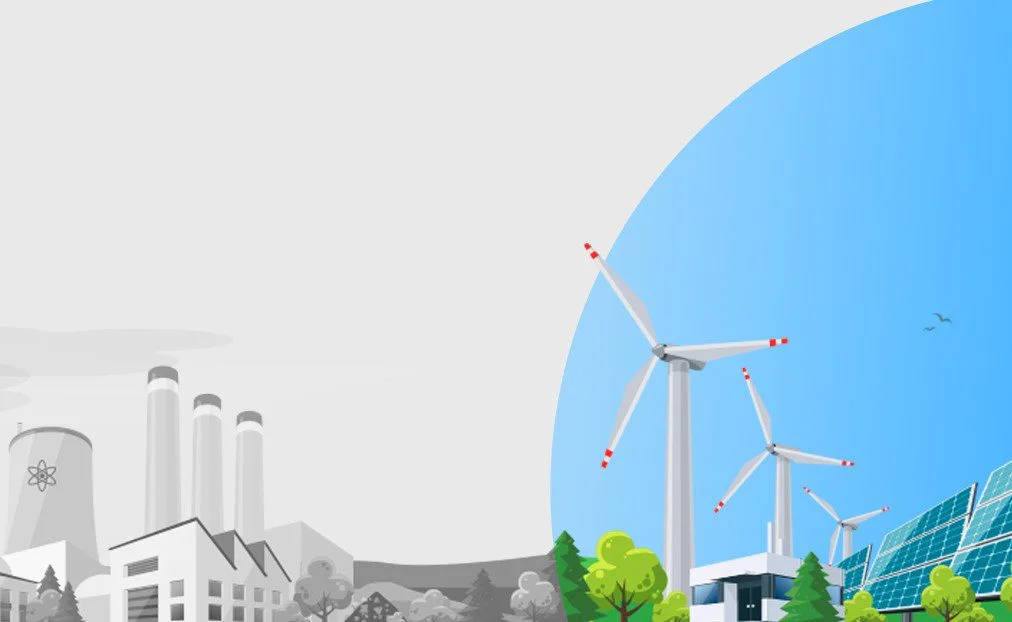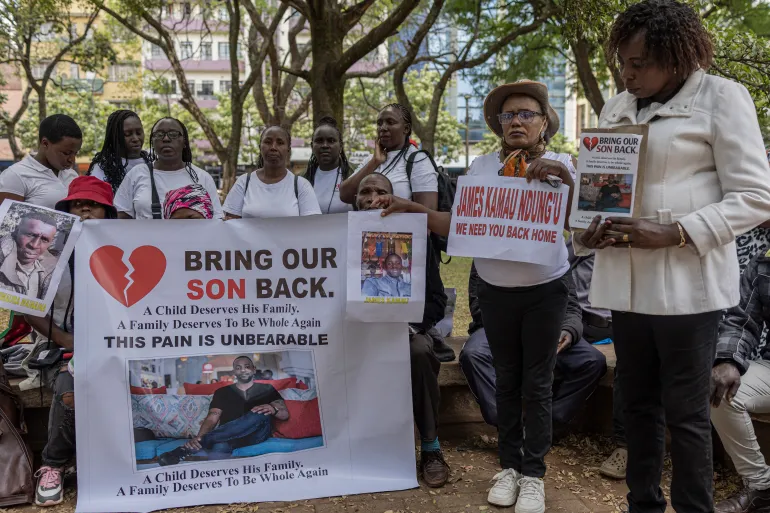In the land of a thousand hills, a green revolution is taking place. Rwanda, a country once synonymous with tragedy, is now emerging as a beacon of hope in Africa’s quest for sustainable development. At the heart of this transformation is a bold push towards clean energy, driven by innovative nonprofits and social enterprises that are lighting up homes, powering businesses, and transforming lives across the nation.
A Vision for a Clean Future
Rwanda’s commitment to clean energy is not just about reducing carbon emissions; it’s a cornerstone of the country’s ambitious Vision 2050, which aims to transform Rwanda into a high-income country by mid-century. With only 52% of Rwandans having access to electricity as of 2019, the government has set an audacious goal: universal access to clean energy by 2024.
“Energy is the lifeblood of development,” says Emmanuel Kamanzi, Director of the Rwanda Energy Group. “By prioritizing clean energy, we’re not just electrifying our country; we’re laying the foundation for sustainable, inclusive growth.”
Solar Solutions for Rural Rwanda
In the quest for universal energy access, off-grid solar solutions have emerged as a game-changer, particularly in rural areas where traditional grid expansion is challenging and costly.
One organization at the forefront of this solar revolution is Ignite Power, a social enterprise that provides affordable solar home systems to rural households. Using an innovative pay-as-you-go model, Ignite has brought clean electricity to over 1.5 million Rwandans since its inception in 2014.
“We’re not just selling solar panels; we’re selling opportunity,” explains Angela Homsi, Ignite’s co-founder. “When a family gets electricity for the first time, it transforms their entire life. Children can study at night, parents can run small businesses, and the whole community benefits.”
Empowering Women Through Clean Energy
The clean energy sector in Rwanda is also proving to be a powerful vehicle for women’s empowerment. The nonprofit organization Energy 4 Impact has been running a Women Integration in Renewable Energy (WIRE) program, which trains women to become clean energy entrepreneurs.
“In rural areas, women are often the primary energy managers in households,” says Grace Uwase, Energy 4 Impact’s Rwanda Country Manager. “By equipping them with skills and resources to sell and maintain solar products, we’re not just advancing clean energy; we’re promoting gender equality and economic empowerment.”
Biogas: Turning Waste into Energy
While solar power dominates the off-grid energy landscape, other innovative solutions are also gaining traction. The Rwanda National Domestic Biogas Program (NDBP), a joint initiative between the government and the nonprofit SNV Netherlands Development Organisation, is promoting the use of biogas digesters in rural households.
These systems convert animal waste into clean cooking gas, providing an alternative to traditional biomass fuels that contribute to indoor air pollution and deforestation.
“Biogas is a win-win solution,” explains Jean-Claude Nkubito, NDBP’s Program Coordinator. “It provides clean energy for cooking, improves sanitation, and produces organic fertilizer as a by-product. It’s a perfect example of the circular economy in action.”
Powering Productive Use
While household electrification is crucial, Rwanda’s clean energy push extends beyond lighting homes. Social enterprises like NOTS Solar Lamps are focusing on “productive use” applications of renewable energy, providing solar-powered equipment for small businesses and farmers.
“Energy access alone isn’t enough,” says Bart Hartman, NOTS’ founder. “We need to ensure that energy translates into economic opportunity. Our solar-powered water pumps, for instance, are helping farmers increase yields and incomes while reducing their reliance on diesel pumps.”
Innovative Financing Models
One of the biggest challenges in scaling up clean energy solutions is financing. To address this, several organizations are pioneering innovative funding mechanisms.
The Development Bank of Rwanda (BRD), in partnership with the World Bank, has launched the Renewable Energy Fund, a $50 million facility that provides low-interest loans to off-grid energy companies and end-users.
Meanwhile, social enterprise BBOXX has introduced a “distributed solar utility” model, where customers pay for energy as a service rather than owning the solar equipment outright. This approach reduces upfront costs and ensures long-term maintenance and support.
Challenges and Opportunities
Despite the impressive progress, Rwanda’s clean energy sector faces several challenges. The rugged terrain and dispersed rural population make last-mile distribution costly. There’s also a need for more skilled technicians to install and maintain renewable energy systems.
“We need to invest in human capital,” says Uwase of Energy 4 Impact. “That’s why we’re partnering with technical schools to develop curricula in renewable energy technology. We’re building the workforce that will power Rwanda’s clean energy future.”
A Model for Africa
Rwanda’s clean energy revolution offers valuable lessons for other African countries grappling with energy poverty. By combining strong government commitment, innovative private sector solutions, and impactful nonprofit interventions, Rwanda is demonstrating that universal access to clean energy is not just a dream, but an achievable reality.
“What’s happening in Rwanda is truly inspiring,” says Damilola Ogunbiyi, CEO of Sustainable Energy for All. “It shows that with the right policies, partnerships, and innovations, we can leapfrog traditional energy systems and build a clean, sustainable future for all.”
The Road Ahead
As Rwanda continues its march towards universal clean energy access, the role of nonprofits and social enterprises will remain crucial. These organizations are not just filling gaps in the market; they’re driving innovation, promoting inclusivity, and ensuring that the benefits of clean energy reach even the most marginalized communities.
From the solar-powered homes in remote villages to the biogas digesters on small farms, Rwanda’s clean energy revolution is more than just a technological transformation. It’s a story of empowerment, sustainability, and hope. As the country lights up with clean energy, it’s illuminating a path forward not just for itself, but for all of Africa.























